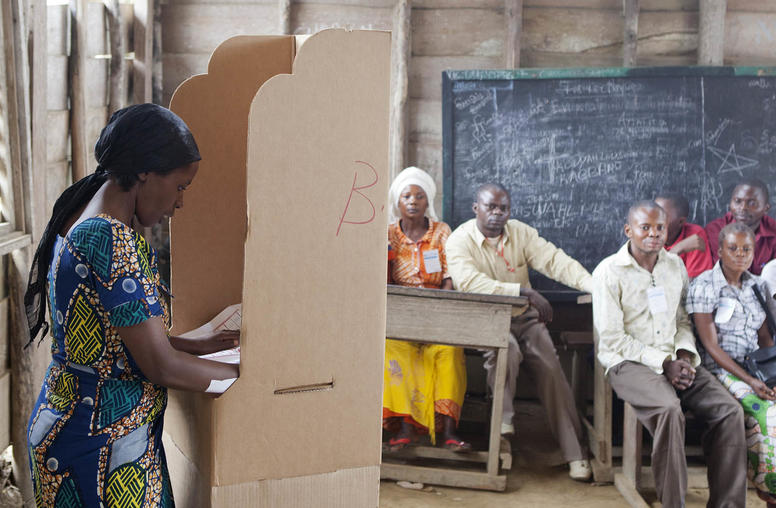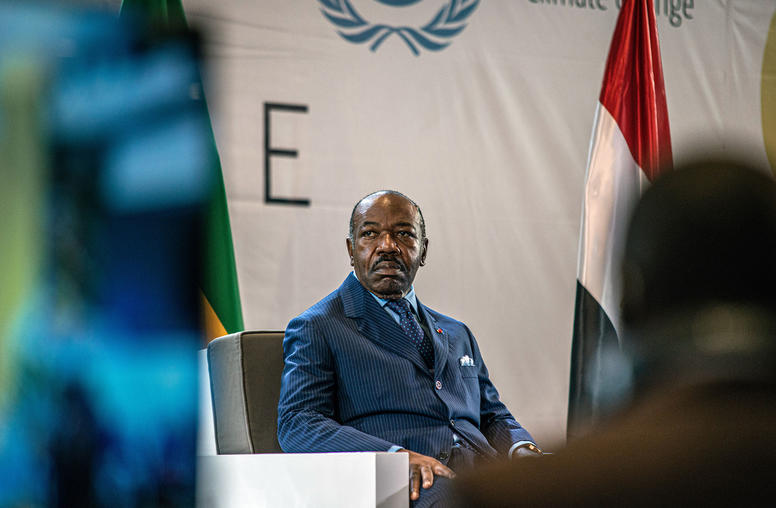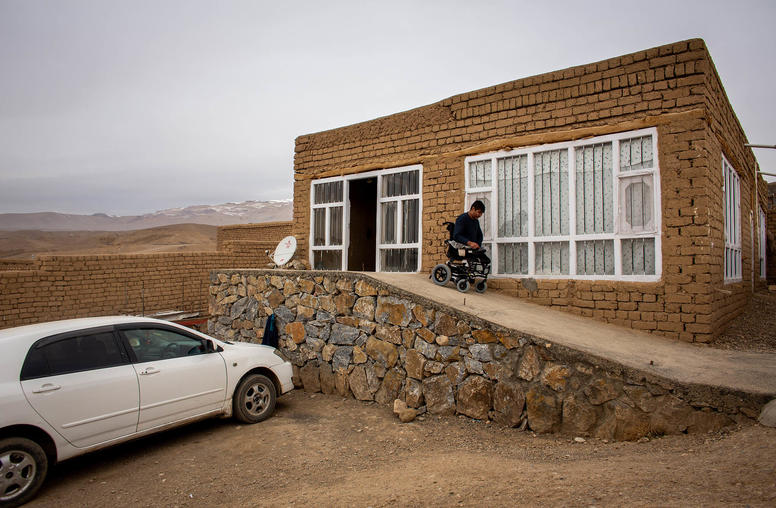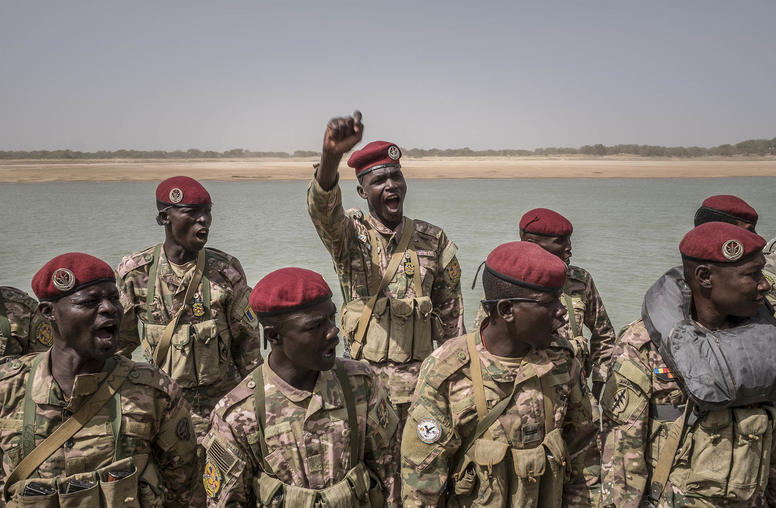Elizabeth Murray
Contact
Please submit all media inquiries to interviews@usip.org or call 202.429.3869.
For all other inquiries, please call 202.457.1700
Elizabeth Murray is a senior advisor on peacebuilding and inclusion at the U.S. Institute of Peace. She leads the Institute’s efforts on disability-inclusive peacebuilding and advises on programming and research in the Sub-Saharan Africa region.
Murray first joined USIP in 2008 to work on the Institute’s grantmaking in Colombia. She has led USIP’s grantmaking in several countries and has managed programs and research in Sudan and Central African Republic. In addition to the inclusion of people with disabilities in peacebuilding, her thematic interests include national dialogues, political transitions and migration.
Prior to joining USIP, Murray managed educational programs at the Kennedy Center and served as a Peace Corps volunteer in Costa Rica. She holds a bachelor’s degree in international politics and Latin American studies from Georgetown University, a master’s degree in conflict analysis and resolution from George Mason University, and a graduate certificate in international migration studies from Georgetown University.



